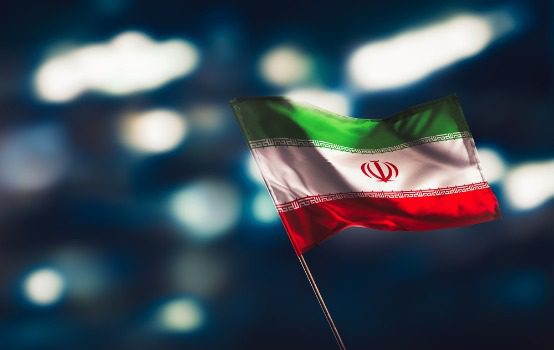40 Years After the Revolution, the U.S. and Iran Need Normal Relations

Najmeh Bozorgmehr reports on conditions inside Iran ahead of the 40th anniversary of the 1979 revolution next week:
Like more than 50 per cent of Iran’s youthful population Hamed, 38, has never known anything other than the theocratic state. But ahead of its 40th anniversary, the business graduate questions why his parents’ generation pushed so hard to topple the Pahlavi dynasty that ran the country between 1925 and 1979. It was a “mistake”, he says, that he is conscious not to repeat.
“I respect the desire of my parents’ generation for change but do not understand their immature act to overthrow a ruling system which still had room for improvement,” says Hamed. “Ideally, I want a secular system but I am not willing to destroy everything when we can push for reform.”
Even among those Iranians that would like to see a significantly different political system, Iran’s 1979 revolution appears to serve more as a cautionary tale of how rapid change can go awry rather than serving as a model to be followed in challenging the current regime. Perversely, the regime may have prolonged its survival by discrediting revolution as an appealing answer to political and social problems. The chaos and instability in other countries in the region that have been convulsed by civil war and revolution have also had the effect of discouraging an uprising. While there is considerable discontent with poor economic conditions and political repression, the current regime doesn’t seem to be going anywhere:
“Security remains a top priority for the middle class,” says Mohammad-Ali Abtahi, a former reformist vice-president who was arrested during the 2009 unrest. “Iranians’ fear of turning into another Syria or Iraq plus the ruling system’s military might at home and in the region mean the Islamic Republic is nowhere near collapse.”
The Trump administration’s bankrupt Iran policy is aimed at fomenting a popular uprising by creating worsening economic conditions, but the Iranians that they expect to rise up don’t want to accept the risks and dangers that would follow from upheaval and regime collapse. Meanwhile, the effect of the reimposed sanctions has been to decimate the middle class in Iran. The U.S. is impoverishing the very people that have been the biggest supporters of political change inside Iran, and in doing so the administration has ensured that the regime’s grip grows even tighter than before.
The administration’s real goal of regime change is unrealistic and its collective punishment of the Iranian people is unjust. It is time for the U.S. to accept that the current Iranian regime isn’t close to collapsing. Our government should change its policies accordingly. Instead of trying to isolate and strangle Iran in a vain effort to throw the country into chaos, we should engage Iran through normal commercial and diplomatic relations just as we do with virtually every other state in the world. That is much more likely to lead to a better outcome for the Iranian people, and it will make it easier for the U.S. and Iran to manage and resolve outstanding disputes. If the U.S. wants Iran to behave like a “normal” state, our government should begin by treating it normally.
Comments